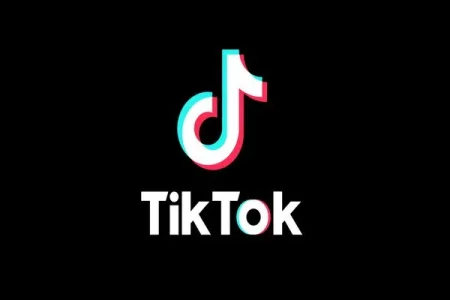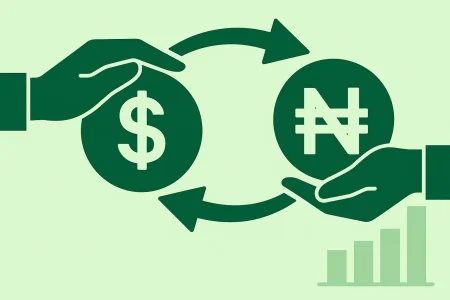
The US Supreme Court has upheld a law banning TikTok unless its Chinese parent company, ByteDance, sells the platform by January 19, 2025. The ruling, which cites national security concerns, could restrict TikTok access for over 170 million American users if the company fails to comply.
The United States Supreme Court has upheld a law banning TikTok nationwide unless its Chinese parent company, ByteDance, sells the platform by January 19, 2025. The ruling dismissed arguments that the ban violated free speech protections, intensifying the app’s uncertain future for over 170 million American users.
While President Joe Biden endorsed the law, citing national security concerns over potential data access by the Chinese government, former President Donald Trump criticized it during his 2024 campaign. Despite his opposition, Trump acknowledged the ruling and hinted at a pending decision regarding TikTok’s fate.
If ByteDance fails to comply, major app stores like Google Play and Apple’s App Store will stop offering TikTok, and current users in the U.S. may lose access to security updates, making the app vulnerable and eventually unusable.
The Justice Department highlighted the platform’s potential risks, labeling it a significant national security threat due to ByteDance’s alleged ties to the Chinese government. ByteDance has consistently denied these claims, asserting no data-sharing relationship with Beijing.
Globally, TikTok faces similar scrutiny, with bans already enforced in India, Nepal, and Somalia, and restrictions imposed by entities like the UK government and the European Commission.
As the deadline looms, ByteDance’s refusal to sell TikTok raises questions about the app’s future in the U.S., with millions of users and creators bracing for potential disruptions. Meanwhile, debates over digital sovereignty and privacy continue to dominate global discourse.




